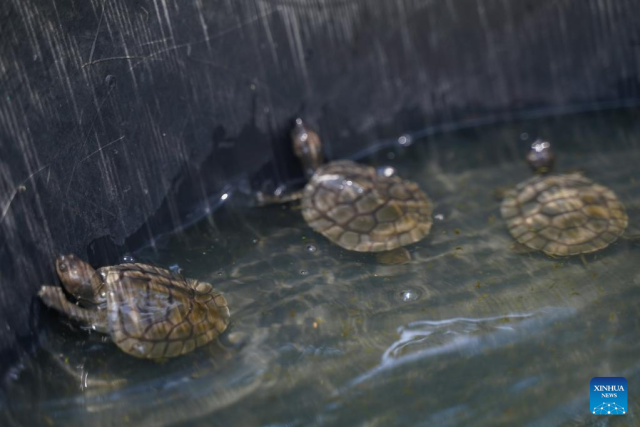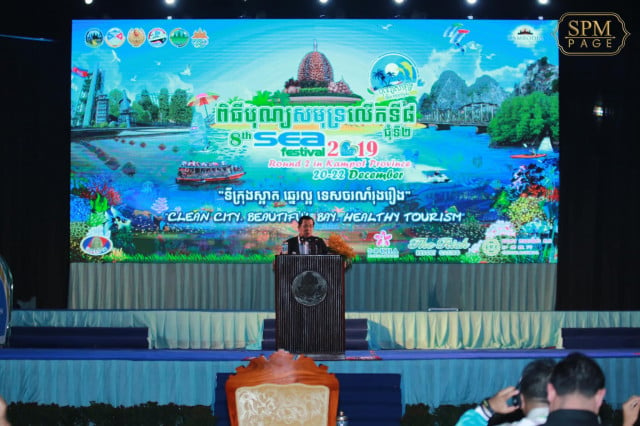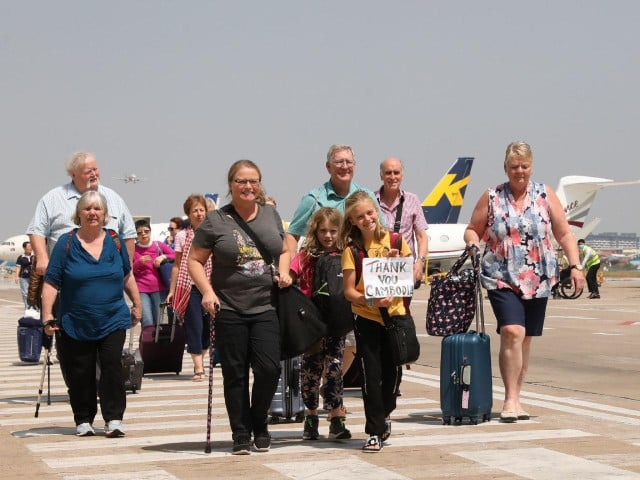122 Rare Royal Turtles Hatch in Captivity in Cambodia

- By Xinhua News Agency
- May 17, 2023 10:52 AM
PHNOM PENH -- Some 122 nearly extinct Royal Turtle babies hatched in an artificial sandbank at the Koh Kong Reptile Conservation Center (KKRCC) in southwest Cambodia's Koh Kong province so far this year, said a KKRCC's report on Tuesday.
This is the third year that Royal Turtles have laid eggs in captivity in Cambodia, the report said.
During the 2023 nesting season, Royal Turtles in a captive-breeding group at the KKRCC laid 272 eggs in 21 clutches and 122 of them hatched, the report said, adding that this compares favorably with 2022, when 35 out of 81 eggs in nine clutches successfully hatched.
Cambodian Ministry of Environment's Secretary of State Neth Pheaktra was pleased to see an increase in new Royal Turtle hatchlings, saying it was a significant development in Royal Turtle conservation in the Southeast Asian nation.
"This is a great result and a good example in the conservation of Royal Turtles in Cambodia," he told Xinhua. "We strongly support the continuation of this captive breeding program for restoring this critically endangered species in the future, and we hope this species will survive for our next generations."
The Royal Turtle, also known as Southern River Terrapin (Batagur affinis), is one of the world's 25 most threatened freshwater turtles and tortoises, Pheaktra said, adding that it was listed on the International Union for Conservation of Nature Red List of Threatened Species as critically endangered and was designated as Cambodia's National Reptile by a Royal Decree issued in 2005.
The Royal Turtle was believed extinct in Cambodia until 2000, when a small population was rediscovered by conservationists in the Sre Ambel River in Koh Kong province, the official said.
The report said the KKRCC currently holds 282 Royal Turtles in its captivity. Since 2015, 167 Royal Turtles have been released into the wild.















